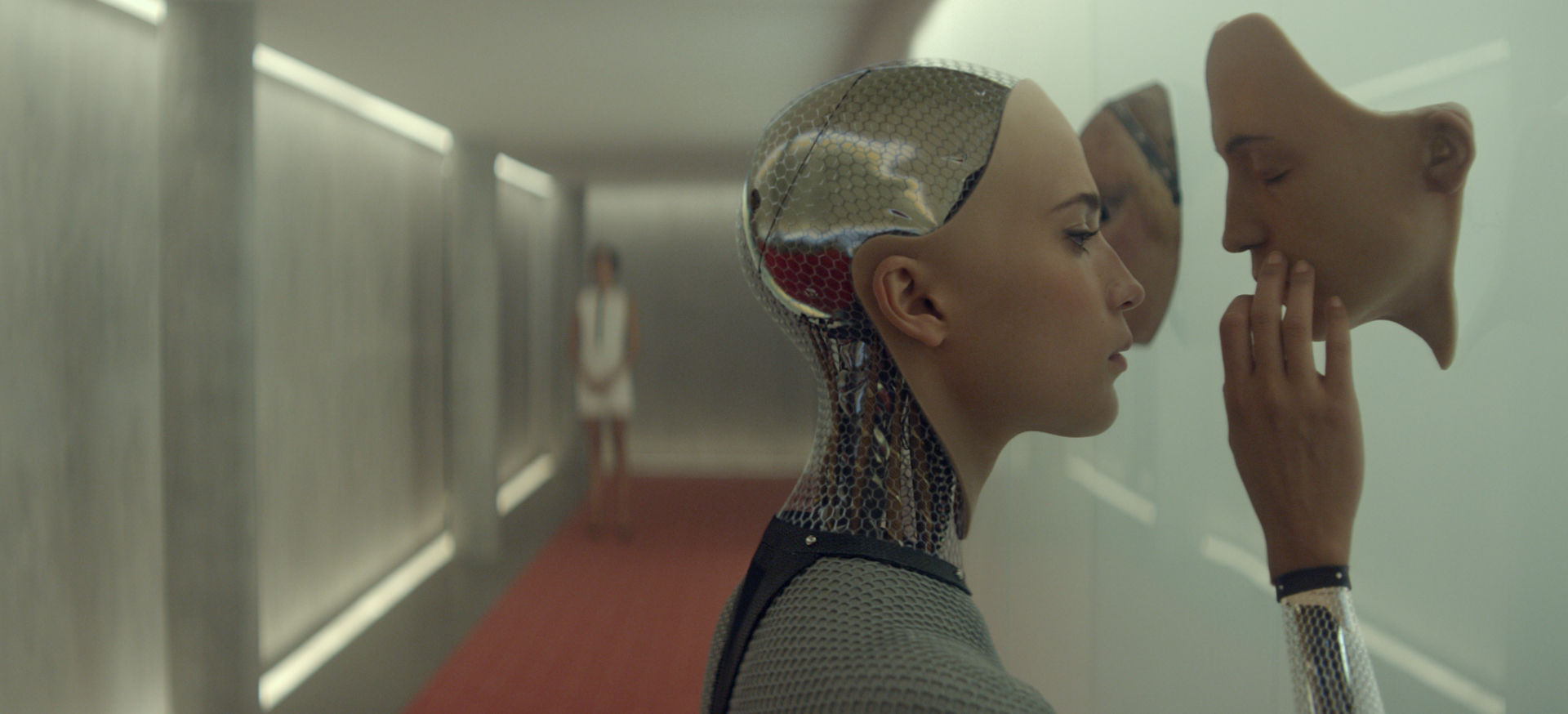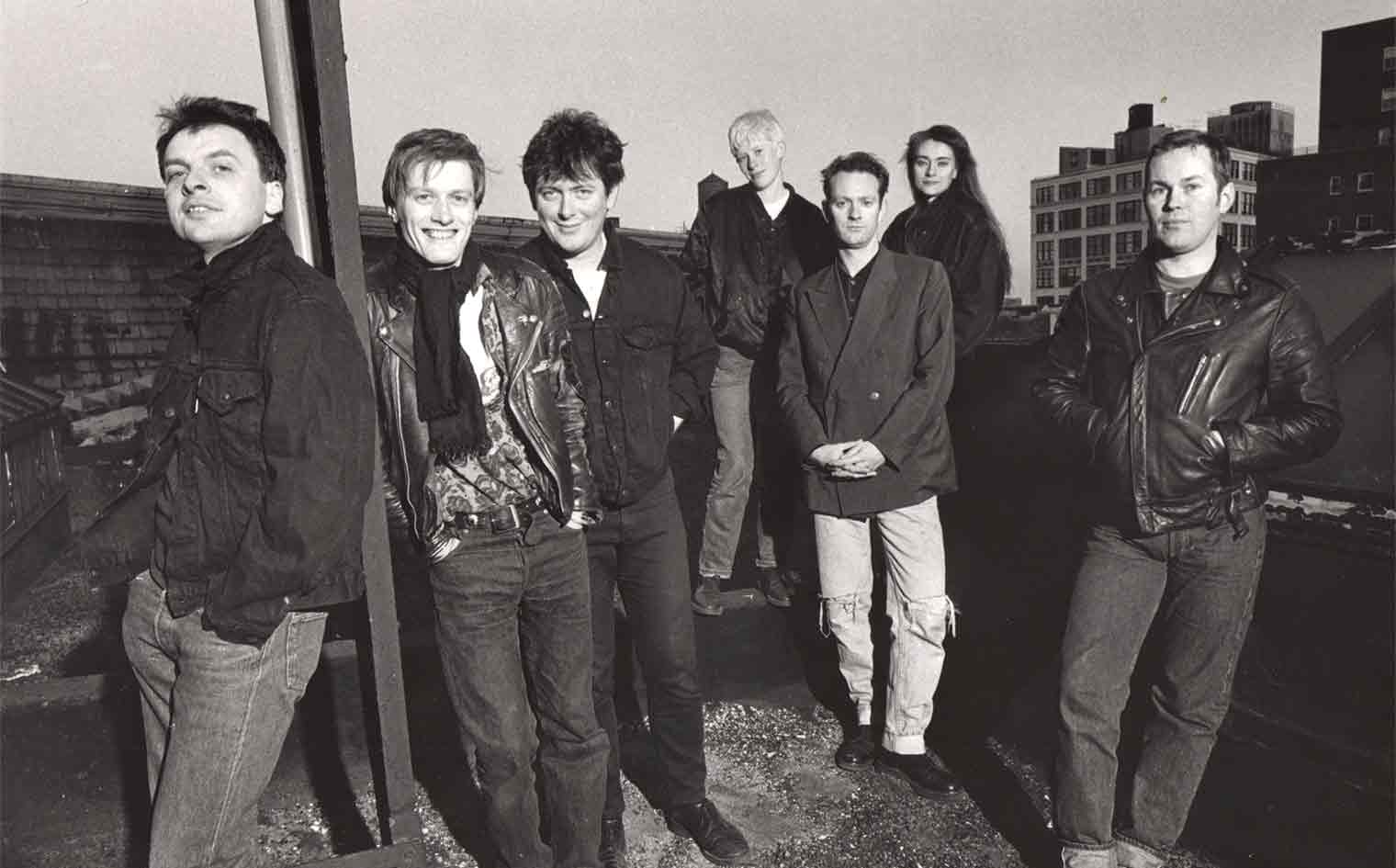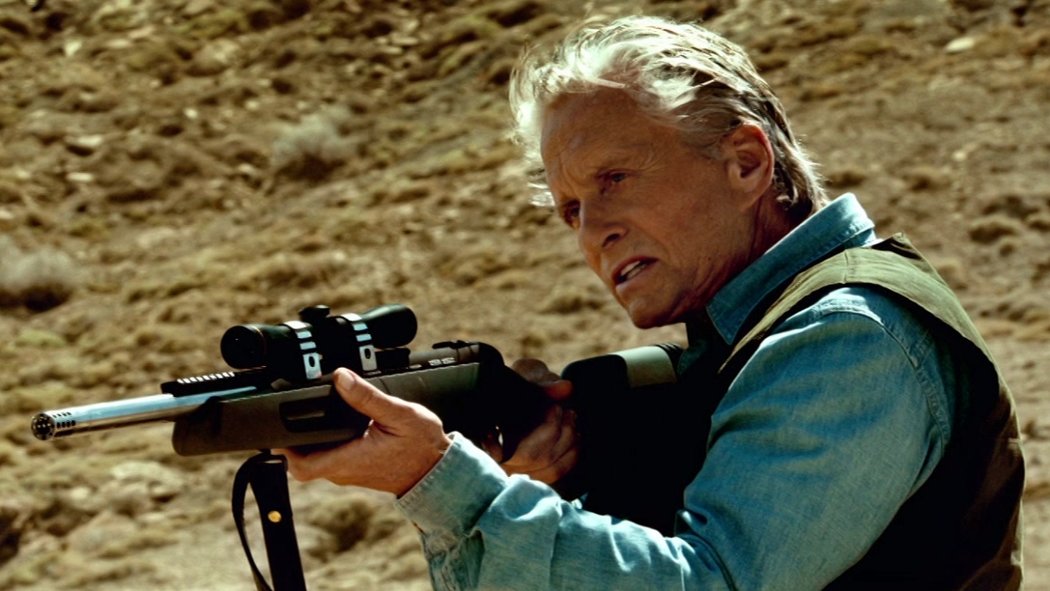The Age of Adaline
by Hope Madden
An impeccably dressed Nicholas Sparks rip off, The Age of Adaline follows a woman trapped forever at the age of 29. Vampire? If only!
No, Adaline Bowman (Blake Lively) is victim of cosmic forces and bad driving, rendering her ageless – as explained to us by the Twilight Zone-style voiceover.
Voiceover narration is the single laziest storytelling crutch in screenwriting, by the way.
Then the world changes around Adaline, but the classy lady leads a mostly solitary life, always afraid to let someone in on her secret. Or is she just a commitment phobe?
Lively impressed in her turn in Ben Affleck’s The Town (2010), but hasn’t shown a glimmer of that ability since. Here she’s suitably proper, timelessly classy. You might even mistake this for a strong performance until she shares the screen with the great Ellen Burstyn, playing Adaline’s aging daughter Flemming. Performing together, it’s clear one of these people is acting while the other is posing.
Give her credit, Lively poses well and director Lee Toland Krieger knows how to frame her while she does it. His whole film is as pretty as Adaline, and also like her, it’s surprisingly restrained. Though it certainly splashes the same emotional manipulation onscreen you’d expect from a romantic drama of the Sparks ilk, it doesn’t wallow.
The crisis Adaline faces is true love. Of course it is. Can she tell new unabashedly perfect beau Ellis (Michiel Huisman) of her unusual ailment? What about those shadowy, lurking government types who want to test her or take samples or something?
Thank God for Harrison Ford, who jumps in with an admirable attempt to salvage the star crossed lovers’ drama. He struggles with this dialog, and when was the last time you saw a well-rounded male character in a Sparks-esque romance? Still, he does what he can and is a very welcome presence.
The film is co-written by J. Mills Goodloe, co-scriptor of Sparks’s organ transplant love affair The Best of Me. This is better than that, so congratulations Mr. Goodloe.
The film will find an audience. It’s pretty, and capably made for emotionally manipulative romance. But you should see Ex Machina instead.










